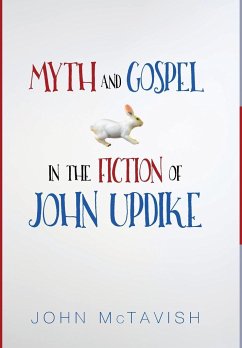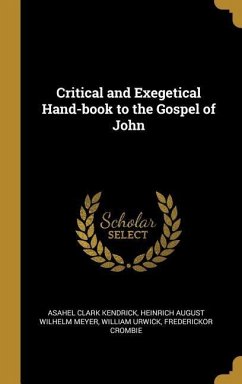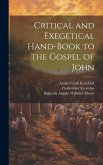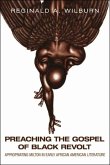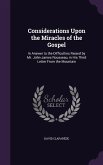In this reading of the Gospel, from José Saramago's perspective, the reader finds a way of feeling and thinking about reality from the point of view of man, of human values. This is one of the strengths of this study by Conceição Flores on the controversial novel by the Portuguese author, who won the Nobel Prize for Literature. To this end, the free play of the writer's verbal creation - according to the scholar - calls for de-automatisation and questioning of the established Christian myth, appropriated by religious and political powers. Not to replace it with other dogmatic discourses, but to place it in a critical dialogue with (his) fictional text. In this way, the writer reveals human self-determination against all forms of authoritarianism. The dogmatic discourse of origin, the bearer of a single, essentialist truth, is therefore opposed to the historicity of Saramago's literary discourse. He de-sacralises myth by moving it from the heights to which it has been elevated by the powers that be, to the prosaic nature of human existence. Benjamin Abadla Júnior (USP).
Bitte wählen Sie Ihr Anliegen aus.
Rechnungen
Retourenschein anfordern
Bestellstatus
Storno


